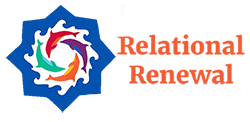

Vin Porter, Relational Renewal LLC, Founder & CEO
"Committed relationships are our greatest Renewable Resource. Like natural resources, they require active attention in order to keep them fresh and vital."
Relational Renewal LL
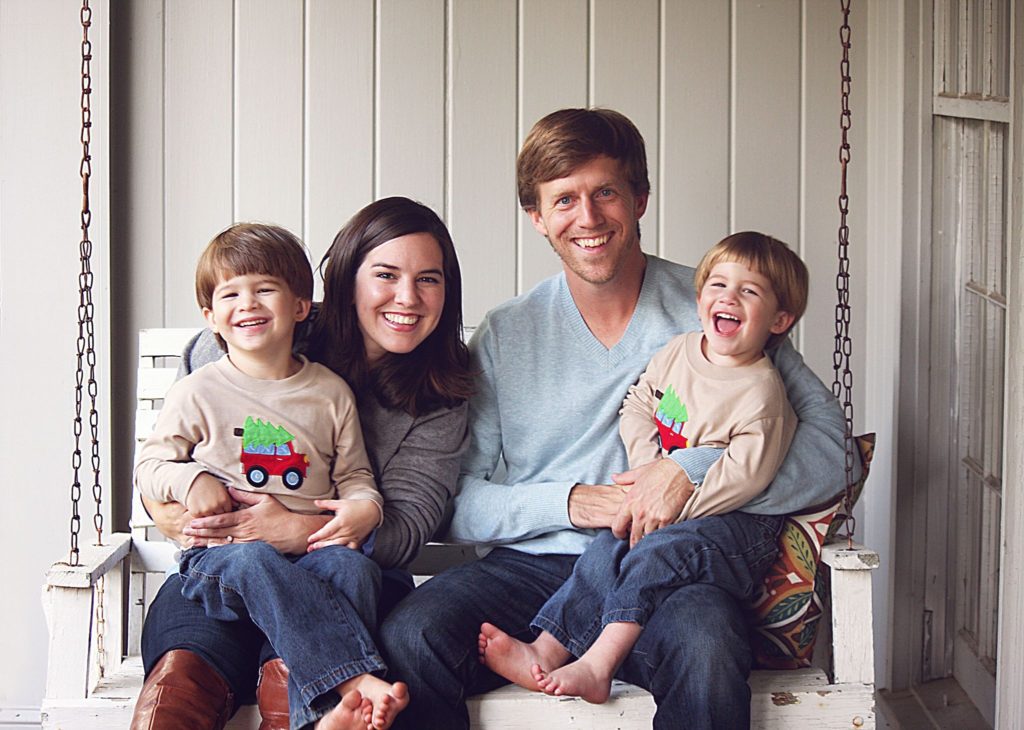
Families are the foundation of our society. They protect, connect and educate family members. There may be no arena of life in which education may be as valuable as in family life. However, many of the great discoveries about family life are not getting to the people who need them. Only a small percentage of Americans are ever reached by family life education.
While there are various professions such as clergy, social workers, and health care professionals that help in many ways, it is family life educators who incorporate a preventative and educational approach to individual and family issues.
Family life education (FLE) is an organized effort to provide families with information, skills, experiences or resources intended to strengthen, improve, or enrich their family experience. Family Life Education provides information that focuses on healthy family functioning within a family systems perspective and provides a primary preventive approach.
The skills and knowledge needed for healthy functioning are widely known: strong communication skills, knowledge of typical human development, good decision-making skills, positive self-esteem, and healthy interpersonal relationships. The goal of family life education is to teach and foster this knowledge and these skills to enable individuals and families to function optimally.
THE PROFESSION OF FAMILY LIFE EDUCATION
Family Life Education professionals consider societal issues — economics, education, work-family issues, parenting, sexuality, gender and more — within the context of the family.
They believe that societal problems like substance abuse, domestic violence, unemployment, debt, and child abuse can be more effectively addressed from a perspective that considers the individual and family as part of larger systems. Knowledge about healthy family functioning can be applied to prevent or minimize many of these problems.
FLE does not impose any arbitrary definition of what constitutes a family. It emphasizes processes that help people develop into healthy adults and work together in close relationships and processes that help people bring out the best in others.
THE WORK OF FAMILY LIFE EDUCATORS
Family life educators use many methods and settings to provide training to people who want to be more effective family members. Some examples of how family life educators work to strengthen diverse American families include anger management; co-parenting workshops, family-friendly workplace policies, strong marriages and family awareness through public service campaigns, and parenting/couple/family relationships.
NEED FOR FAMILY LIFE EDUCATION

We can prepare our citizens for the challenges of family life or we can pay a large and enduring social cost. Families face substantial challenges. Stresses come from many directions and impose great burdens on families.
In the past, there was a time when most young people got family life training in informal apprenticeships with their parents. Today, with greater challenges than ever before, we provide less training and preparation for family roles than we have in the past. It is no wonder that families feel overwhelmed by the challenges they face. Many people feel that they know a lot about families because they grew up in one. Yet there are recent discoveries in the family process that may surprise many people.
Many of the processes that people assume to be helpful in families are not. Examples are placating (people pleasing), criticism (blaming), contempt (invalidation), defensiveness, detracting and stonewalling (withdrawal). Research continues to show new and better ways to become vibrant individuals, strengthen couple relationships, and raise healthy, balanced children.
QUALIFICATIONS OF FAMILY LIFE EDUCATORS
Many groups have felt a pressing need to provide family life education for their members or patrons. Yet many of those groups were not clear about who qualifies to be a family life educator. Sometimes in the past, they have turned to physicians and nurses–people with professional training–but no specific training in family life education. Family life educators have the specific training and certification needed.
Since 1985, the National Council on Family Relations (NCFR) has sponsored the only national program to certify family life educators. NCFR is the only professional organization focused solely on family research, policy, and practice. NCFR provides a forum for family researchers, educators, and practitioners to share in the development and dissemination of knowledge about families and family relationships, establishes professional standards, and works to promote family well-being. It is the oldest multidisciplinary family organization in the United States and is highly regarded as an authority for information on a broad range of family concerns.
There are now more than 1500 active Certified Family Life Educators (CFLEs) and more than 120 university programs approved by as providing coursework relevant to the CFLE standards. The Certified Family Life Educator (CFLE) has become a designation that is widely recognized and valued. CFLEs are prepared to teach and strengthen the next generation of families.
Certified Family Life Educators (CFLE) have training and experience in ten vital areas of family life education:
1. Families and Individuals in Societal Contexts

An understanding of families and their relationships to other institutions, such as the educational, governmental, religious, healthcare, and occupational institutions in society.
2. Internal Dynamics of Families
An understanding of family strengths and weaknesses and how family members relate to each other.
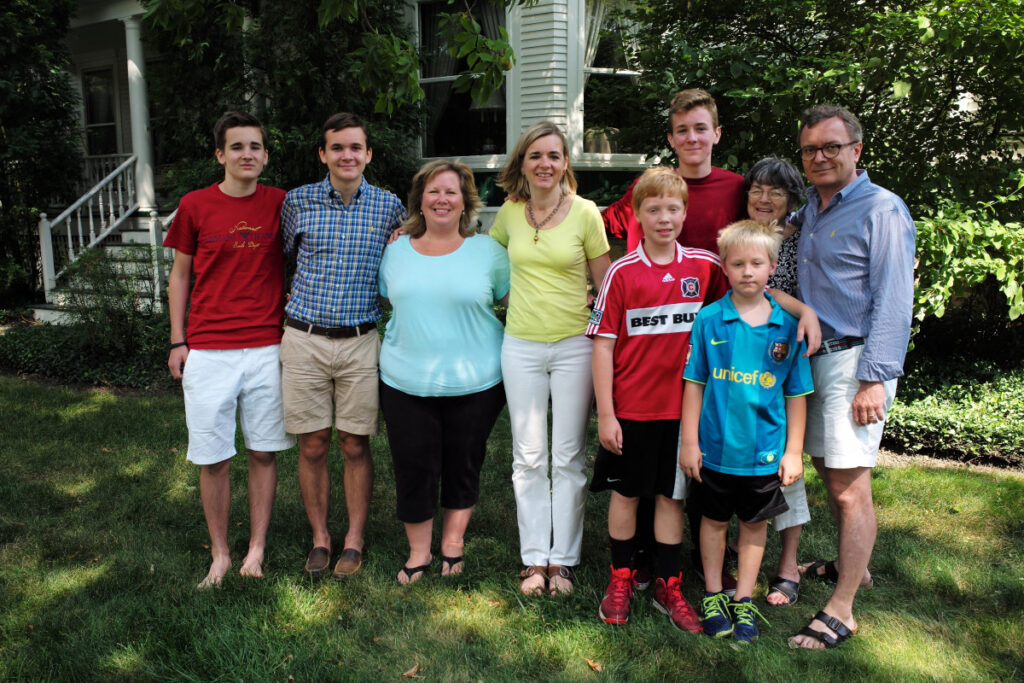
3. Human Growth and Development across the lifespan
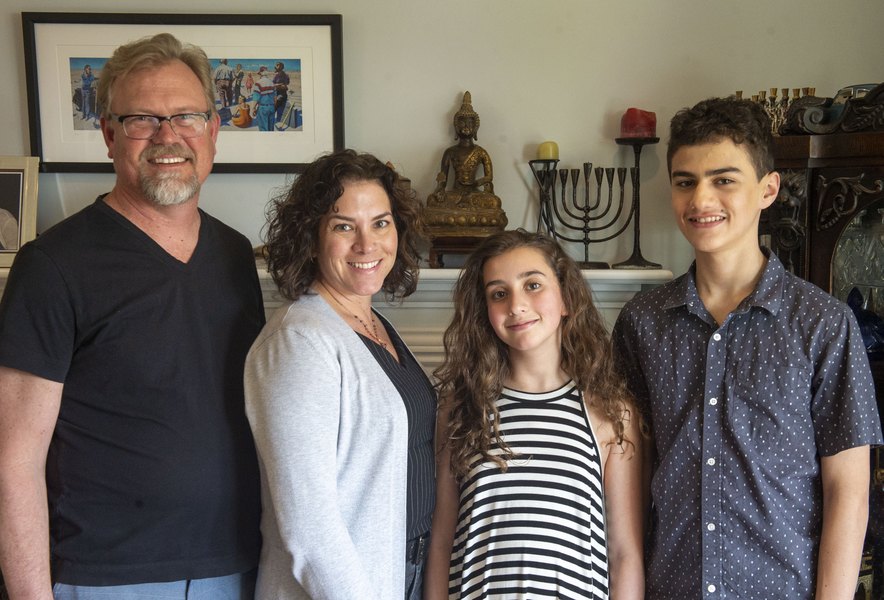
An understanding of the developmental changes (both typical and atypical) of individuals in families throughout the lifespan. Based on knowledge of physical, emotional, cognitive, social, moral, and personality aspects.
4. Human Sexuality
An understanding of the physiological, psychological, & social aspects of sexual development throughout the lifespan, so as to achieve healthy sexual adjustment.

5. Interpersonal Relationships

An understanding of the development and maintenance of interpersonal relationships.
6. Family Resource Management
An understanding of the decisions individuals and families make about developing and allocating resources including time, money, material assets, energy, friends, neighbors, and space, to meet their goals.

7. Parent Education and Guidance
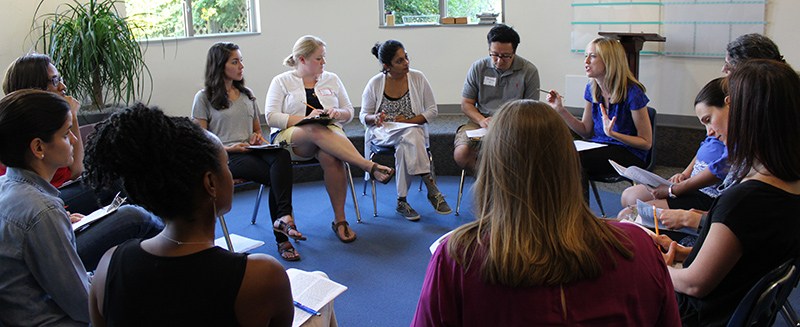
An understanding of how parents teach, guide and influence children and adolescents as well as the changing nature, dynamics and needs of the parent/child relationship across the lifespan
8. Family Law and Public Policy
An understanding of legal issues, policies, and laws influencing the well-being of families.
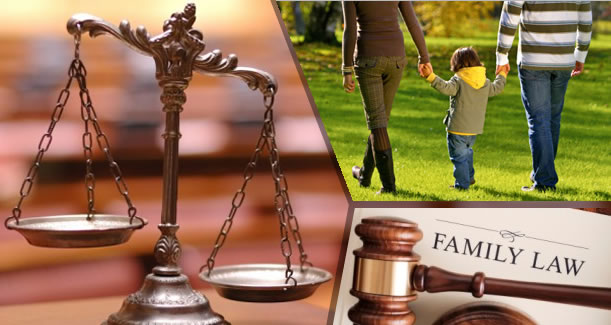
9. Professional Ethics and Practice

